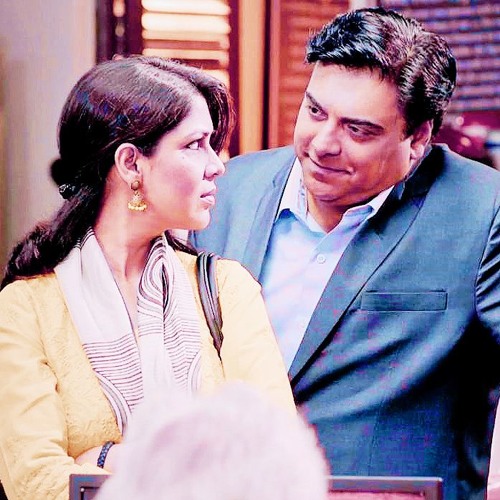

The song, Tu Hindu banega na Musalman banega, insaan ki aulaad hai, insaan banega (lyrics: Sahir Ludhianvi), echoes Nehruvian secularism. In ‘Dhool Ka Phool’ (1959), a Muslim brings up an ‘illegitimate’ Hindu child. But the twin ideals formed the bedrock of Nehru’s political outlook. The words ‘socialist’ and ‘secular’ were inserted into the Preamble of the Constitution only in 1976. Water gushed from dams and smoke billowed from industrial chimneys as Sunil Dutt sang, Naye daur mein likhenge mil kar nayee kahani.naya khoon hai, nayee umange, ab hai nayee jawani, hum Hindustani.

If Nehru said big dams and industries were modern India’s temples, ‘Hum Hindustani’s’ title song (lyrics: Prem Dhavan, 1960) offered an uncomplicated, almost pamphleteering, view of his vision. Through songs, they internalised the idea of India. They became a vehicle that took the idea of a nation as envisaged by its leaders - democratic, industrialized and secular -to the people. Few platforms of popular culture have showcased the Indian republic’s meta-narrative as succinctly as Hindi cinema songs. In his famous August 14, 1947, Tryst with Destiny speech, PM Jawaharlal Nehru said, “We have to labour and to work, and work hard, to give reality to our dreams.” Stanzas from the same song - Fauladi hai seene apne, fauladi hain bahein/Hum chahein to paida kar de, chattanon mein rahein - are perfectly synchronized with that statement of intent. It is a song about a future brimming with expectation, endless possibilities, about being together as part of a collective nation-building effort. The song evokes images of arms reaching out in unison for a common purpose. After initial reluctance, more and more villagers join the endeavour, sing and dance - spade and shovel in hand - to Sahir Ludhianvi’s lyrics, Saathi haath badhana, ek akela thak jayega milkar bojh uthana.

The famished villagers in B R Chopra’s 1957 classic ‘Naya Daur’ want to build a road through rocky terrain: A passage that would shave off travel time and encourage commuters to use a monster bus that swallowed their jobs of instead horse carts.


 0 kommentar(er)
0 kommentar(er)
